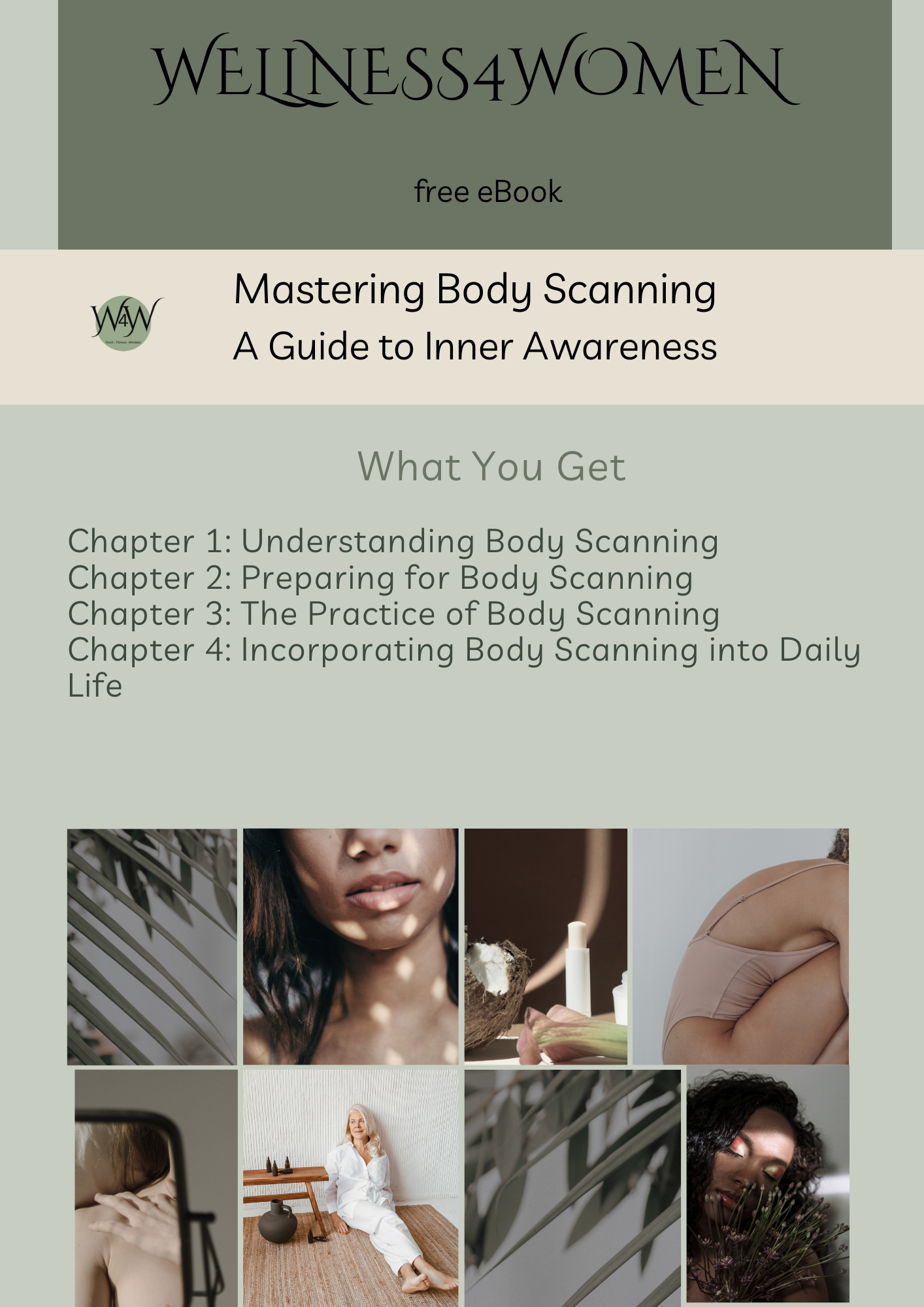Nourishing Your Menopausal Transition
Menopause is a natural phase in a woman’s life, marking the end of menstruation and fertility -which can be a scary time. It typically occurs in the late 40s to early 50s, and during this time, hormonal fluctuations can lead to various symptoms, including hot flashes, mood swings, weight gain, insomnia, and more.
While menopause is a natural process and cannot be avoided entirely, certain foods can help alleviate its symptoms and promote overall wellbeing. In this article, we will explore some of the foods that may provide relief during menopause.

Soy Products
Soy contains phytoestrogens, plant-based compounds that mimic the effects of oestrogen in the body. Unless you are allergic to soy, consuming soy products such as tofu, soy milk, and edamame may help alleviate hot flashes and other symptoms associated with declining oestrogen levels during menopause.
Flaxseeds

Flaxseeds are rich in lignans, another type of phytoestrogen. Lignans have been shown to help regulate estrogen levels in the body, potentially reducing hot flashes and improving overall hormonal balance. Sprinkling ground flaxseeds on yoghurt, oatmeal, or salads can easily incorporate them into your diet.
Fatty Fish

Cold-water fatty fish like salmon, mackerel, and sardines are excellent sources of omega-3 fatty acids. Omega-3s have anti-inflammatory properties and may help alleviate symptoms such as joint pain and mood swings commonly associated with menopause.
Leafy Greens

Vegetables like spinach, kale, and Swiss chard are packed with nutrients like calcium, magnesium, and vitamin K, essential for bone health. Since women are at increased risk of osteoporosis after menopause due to declining estrogen levels, consuming plenty of leafy greens can help maintain bone density.
Whole Grains

Whole grains like oats, quinoa, and brown rice are fibre-rich, which can help alleviate digestive issues such as constipation, a common complaint during menopause. Additionally, whole grains provide steady energy levels and can help prevent spikes in blood sugar, which may contribute to mood swings and fatigue.

Berries
Berries like blueberries, strawberries, and raspberries are packed with antioxidants, vitamins, and fibre. They can help combat inflammation, support cardiovascular health, and provide a natural source of sweetness without spiking blood sugar levels.
Nuts and Seeds
Nuts like almonds, walnuts and seeds like pumpkin and sunflower seeds are rich in healthy fats, protein, and various vitamins and minerals. They make for convenient snacks and can help keep hunger at bay while providing essential nutrients that support overall health during menopause.

Yoghurt
Yoghurt is a good source of probiotics, beneficial bacteria that support gut health. Maintaining a healthy gut microbiome is important for overall wellbeing, as imbalances in gut bacteria have been linked to various health issues, including mood disorders. Opt for plain yoghurt with live cultures and add your own fruits or nuts for flavour and texture.

Beans and Legumes
Beans and legumes like chickpeas, lentils, and black beans are excellent sources of protein, fibre, and various vitamins and minerals. They can help stabilize blood sugar levels, promote satiety, and support digestive health, making them a valuable addition to a menopause-friendly diet.
Water
While not a food, staying hydrated is crucial during menopause. Hormonal changes can affect fluid balance, leading to symptoms like hot flashes and dry skin. Drinking water throughout the day can help alleviate these symptoms and promote overall health and wellbeing.
While menopause brings about significant changes in a woman’s body, incorporating a variety of nutrient-rich foods into your diet can help alleviate symptoms and support overall health during this transition. By focusing on whole, minimally processed foods like fruits, vegetables, lean proteins, and healthy fats, you can nourish your body and ease the journey through menopause.
As always, listening to your body and consulting with a healthcare professional for personalized guidance and support is essential.
Thanks for being here today. If you found this post helpful or have any questions, please place a comment or email me.
For more great articles, Subscribe to https://wellness4women.blog
Mindfulness-based techniques, such as mindful breathing and body scans (when you subscribe to https://wellness4women.blog, you will receive a free e-book on body scanning), are instrumental in cultivating awareness of one’s thoughts and sensations while fostering acceptance and non-reactivity.
As a wellness consultant, I advocate for science-based holistic wellness and health. So, Please Contact your healthcare provider for guidance if you have any serious health concerns or issues. If you are interested in improving your wellbeing and want to use my services, Please contact me for a free initial Consultation. Paula Rose Parish
Affiliate Link: Got a YouTube channel? To Get More Views and Subscribers, click this link to get your free TubeBuddy today. https://www.Tubebuddy.com/pricing?a=Wellness4Women
In the comments section, I would love for you to share your stories and comments about your coping, health, fitness, and wellness strategies with this community.
Who Are We? Hi, I’m Paula Rose, a writer and wellness consultant. I enjoy helping others meet their wellness goals, challenges and needs. Wellness4Women helps women to be happy and healthy with a holistic preventive health approach. I have worked internationally with over 40 years of experience, having a Master of Arts in Counselling Professional Development and training in personal development, wellbeing and health and fitness. I help business owners, employees, and individuals improve their health and wellness for productivity and success. Paula Rose Parish BA. M.A.
You will also find many of my articles and videos on other Platforms-
https://paularoseparish54798.medium.com
https://www.youtube.com/channel/UCvdQ4NPTNfXSnwd3pimPh0g
https://gravatar.com/paularoseparish
FOLLOW ME ON-
Pinterest – https://www.pinterest.co.uk/proseparish/
Medium- www.medium.com/@paularoseparish_54798
Facebook- https://www.facebook.com/paula.roseparish.5/
?Instagram: https://www.instagram.com/paularoseparish2020/?hl=en
LINKEDIN: https://www.linkedin.com/in/paula-rose-parish-6320a6181/
You’ll find my books in the top menu linked to Amazon, and if you wish to connect with me, please do so at paularose@wellness4women.blog.
Copyright © 2024. Paula Rose Parish. All Rights Reserved. Wellness4Women https://wellness4women.blog
#fitnessmotivation #healthwellbeing #wellness #women #womens health



